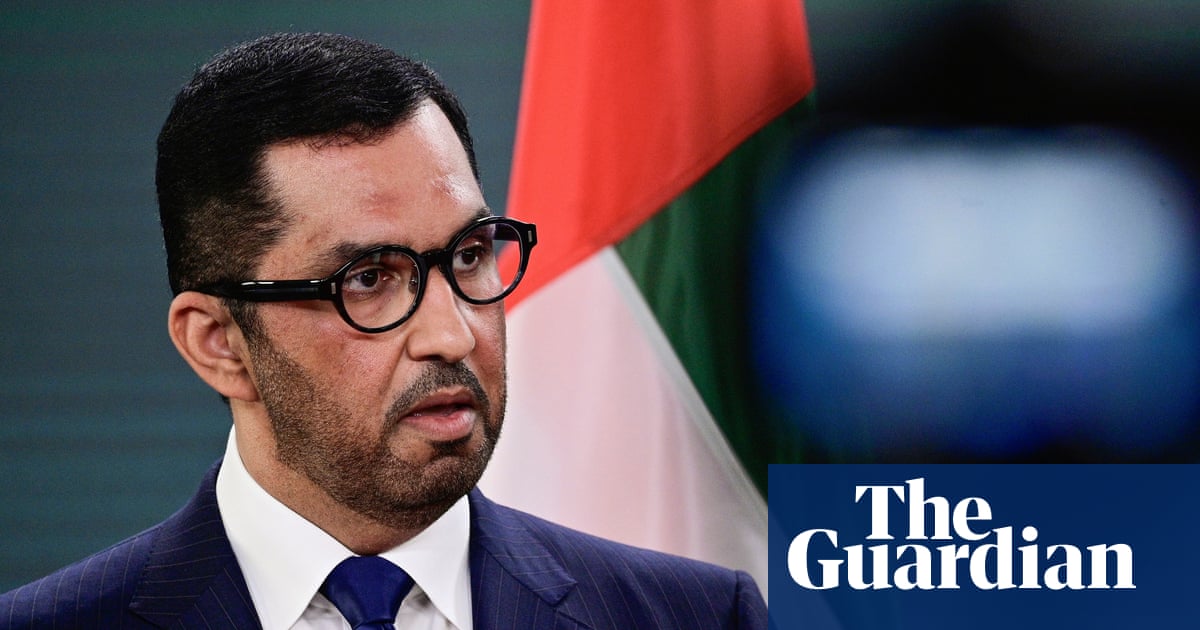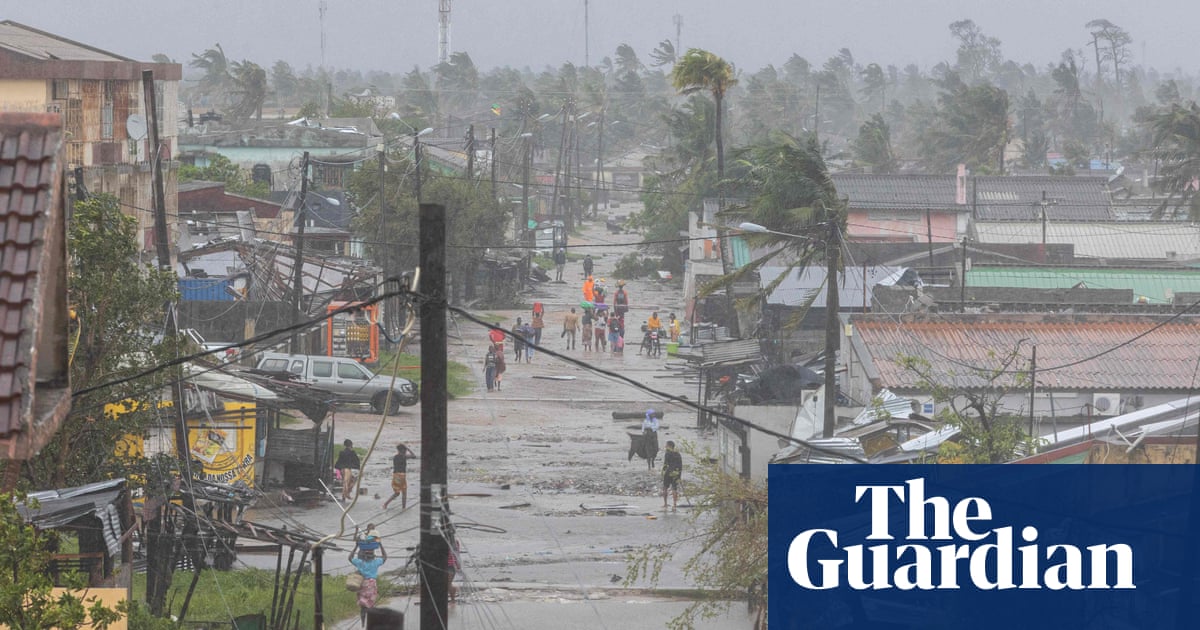
As the 2021 UN Climate Change Conference concluded a few days ago, there were two subjects that were heavily debated until agreement was reached in the final minutes of an extended session. The two issues were energy finance and support to developing countries to make energy transition and vulnerable nations to adapt to changing climate. Also, there was the hot subject of phasing down coal.
It is a fact that energy is crucial for a nation’s development. It may be noteworthy to note that this development has been powered predominantly by coal since the industrial revolution and not by oil or gas. However, later industrial nations such as China and India have also powered their development by coal, but to a lesser extent as other energy sources (oil, gas, and renewables) had become available by the time these countries began their development journey only a few decades ago. These choices were made because of convenience and cost. Now we have asked developing countries to phase “down” the use of coal, which they reluctantly accepted to be part of the COP26 declaration.
However, if we are to ask developing countries, who are still at the beginning of their development phase, to move away from coal and other fossil fuels in order to meet climate change objectives, someone will need to help them to pay for the higher bill it will cost to move toward energy transition and cleaner forms of energy. They just cannot do it alone, as it is hard enough even for rich industrialized countries to tackle carbon reduction goals. For the emerging economies to do the same will be overwhelming. We cannot expect developing countries to cut down on emissions as much as rich countries and we need to compensate emerging countries for the efforts and sacrifices they will make.
India announced it would be moving toward solar energy and other forms of renewables. It announced that it planned to meet 40 percent of its electricity needs from sustainable fuels by 2030. China has planned to reduce its use of coal from 66 percent and increase the use of natural gas and sustainable energy from 15 to 30 percent by 2050. In Africa, energy poverty still deprives about 600 million of its citizens of access to electricity. They too are looking for ways to leapfrog into the renewable energy age. Access to electricity is a basic human need. It is the backbone of economic and societal development. The demand for electricity continues to rise and the world needs a sustainable, affordable, and reliable energy supply.
But it will take money, research, and expertise — something emerging countries do not have — to enable all countries to move toward green energy.
And there is the cost of adaptation to help vulnerable nations impacted by climate change such as Bangladesh, and islands in the Pacific Ocean suffering from a rising sea level. Most vulnerable developing countries feel that wealthy countries responsible for the most planet-heating pollution have reneged on their commitments to help them adapt to a warming world and safeguard them from rising sea levels, devastating droughts, or monstrous storms in some cases.
One of the goals going into the Glasgow summit was to get wealthy nations to fulfil an old promise that was agreed in Copenhagen that by 2020, they will allocate $100 billion a year to climate action for developing nations. That has not happened. Developed industrial countries have, so far, only paid out about $80 billion a year in climate finance mostly to help developing nations cut greenhouse gas emissions through things like switching to renewable energy or promoting energy efficiency. But, little of it was targeted to help vulnerable nations to cope with climate change already causing natural disasters due to rising sea level.
A bloc of negotiators from Africa and other developing nations in Glasgow called on wealthy countries to provide $1.3 trillion a year for climate mitigation and adaptation by 2030. The Glasgow declaration called for developed countries to increase funding to help developing countries to $40 billion annually by 2025. This is welcome support. But will this be delivered?
History shows us that not all promises made at large conferences are kept. The price tag for developing countries to adapt to climate change could reach $300 billion a year by the end of the decade, a UN report says.
So, it is a welcome step that some financial commitments were made during COP26 of allocating different funds to assist in this transition. For instance, $8.5 billion was allocated to help South Africa move to clean energy. The Climate Investment Funds’ Capital Market Mechanism initiative will raise finance for projects in clean energy and sustainable infrastructure in developing and emerging economies. Bonds are planned to be issued in 2022 in the City of London and could mobilize up to $700 million annually, with the potential to leverage a further $70 billion from both the private and public sectors.
The International Finance Corporation launched a new global platform that will provide up to $3 billion to private enterprises in developing economies while the Asian Development Bank launched the Energy Transition Mechanism to accelerate the retiring of coal power and to move to clean energy. As part of the pilot phase in Indonesia, the Philippines, and Vietnam, the ETM is expected to raise $2.5 to $3.5 billion to retire 2-3 coal-fired power plants per country.
Also, IFC, together with Amundi, announced a new $2 billion fund that will help to directly mobilize private investment into sustainable and green bonds in emerging markets.
Collective efforts are needed so that the world can reach its decarbonization goals while balancing the need for energy security and affordability for consumers. Industries, governments, and individuals need to take collective action to speed up this transition. The business community has an important part to play as part of the solution as highlighted during COP26. But, it is the policymakers that must take the leading role and set the right framework to foster innovation and investments for a sustainable energy future and take bold actions to help developing countries to make the needed transition.
True sustainability must balance three things — economy, environment, and society.












